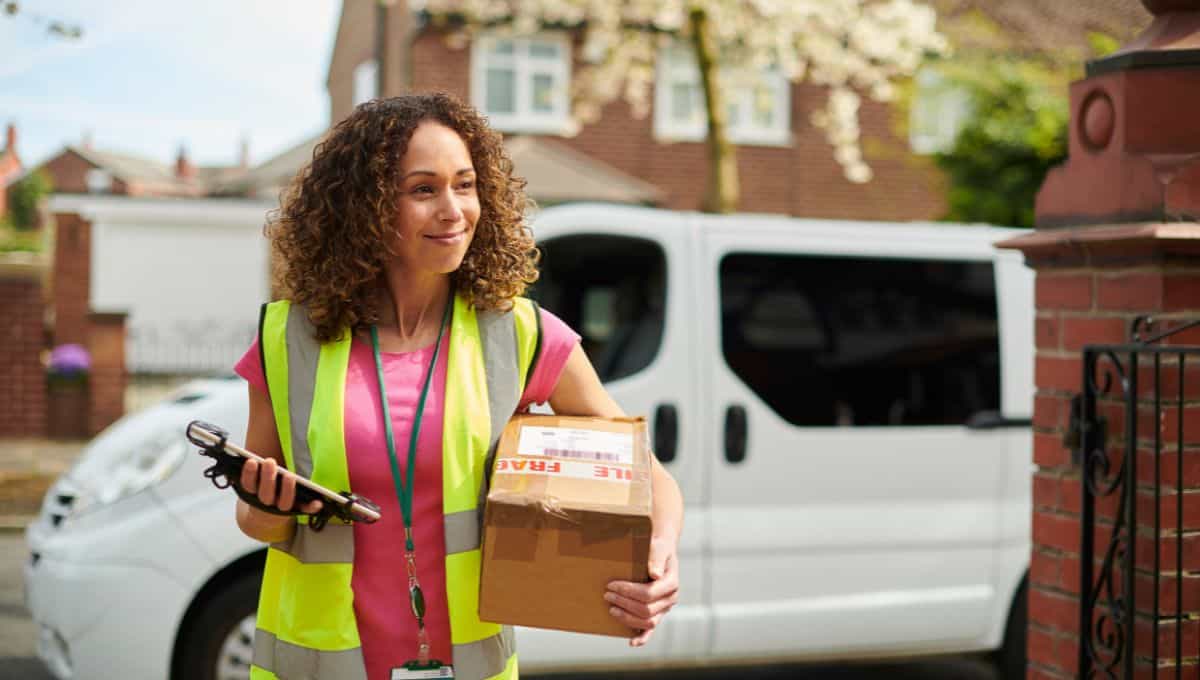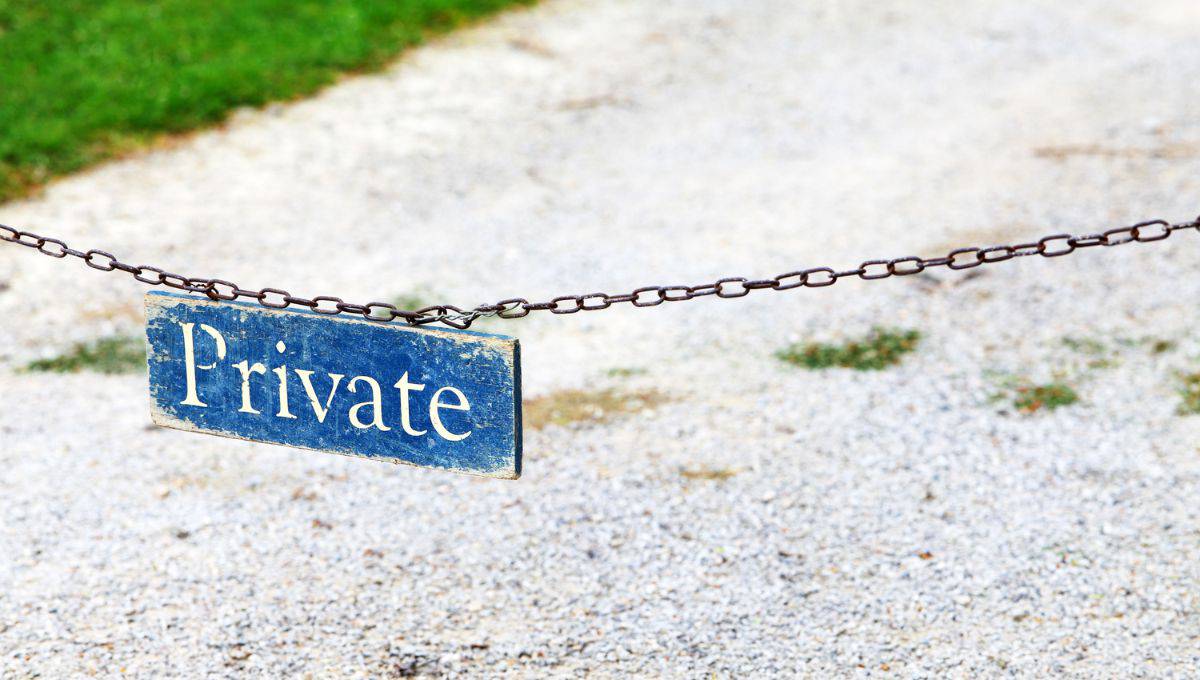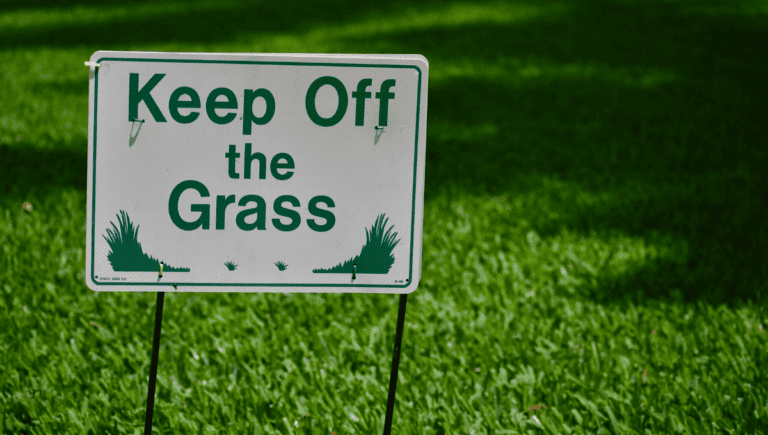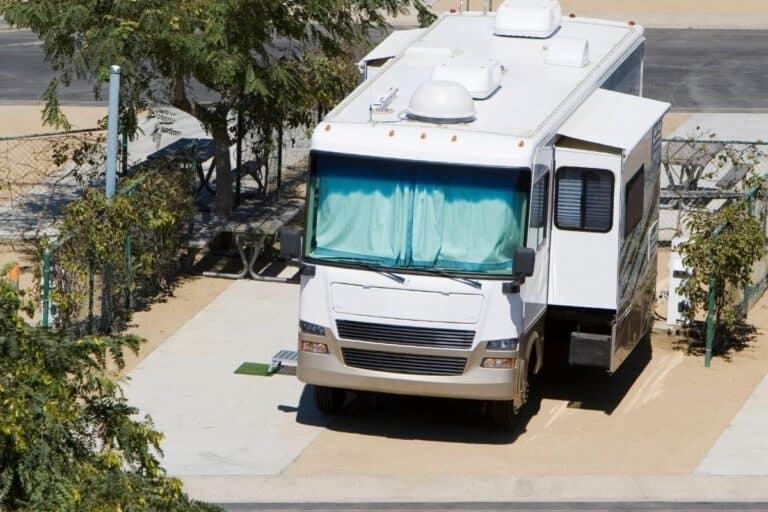Are Amazon Drivers Allowed to Pull in Your Driveway? Unpacking Rules!
When you order a package from Amazon, the final leg of the journey, which is the delivery to your house, often raises questions about the best practices for drivers. If you’ve ever wondered whether Amazon drivers are permitted to pull into your driveway, you’re not alone. It’s not simply a matter of convenience, but also one of legalities and operational procedures.

Amazon drivers are typically instructed to follow specific guidelines to ensure efficient and safe delivery, and these directives can vary based on region and individual company policies. Parking in a customer’s driveway, unless necessary due to large or heavy deliveries, is generally discouraged to respect privacy and property.
In densely populated areas and tight communities, the consideration for where an Amazon driver can park becomes more pronounced. The impact on neighbors and traffic flow may also influence whether a driver chooses to use your driveway. For homeowners, understanding the dos and don’ts Amazon drivers must abide by can lead to clearer expectations and help ensure smooth deliveries to their doorsteps.
Key Takeaways
- Amazon drivers follow company policies regarding driveway usage, taking into account efficiency and legal considerations.
- Parking decisions by drivers can affect neighborhood relations and traffic, requiring a balance between operational needs and community respect.
- Homeowners’ understanding of delivery protocols can enhance their experience with Amazon’s service and minimize potential disruptions.
Amazon Drivers and Driveway Use
When considering whether Amazon drivers can utilize your driveway, there are company policies, legal implications, and customer concerns to be aware of. These factors influence if and how Amazon drivers may park on personal property.
Company Policy on Property Access
Amazon has guidelines for its delivery drivers regarding property access and parking. While not explicitly stated, the implicit understanding is that drivers should respect customer property while making deliveries.
Amazon drivers are not typically encouraged to park in a driveway unless necessary for delivering packages safely or if alternative parking isn’t available.
- Key Points:
- Parking in driveways is generally discouraged.
- Drivers may park if necessary for safe delivery or lack of parking.
Legal Perspectives on Driveway Parking
From a legal standpoint, driveways are considered private property. Drivers do not have a general right to park in your driveway without permission.
Community or city laws may specifically prohibit such parking without consent. Homeowners concerned about unauthorized use of their driveways have legal recourse if necessary.
Issues can arise in specific scenarios, such as drivers using driveways to make U-turns or for turning around, which can be considered trespassing or a nuisance.
- Legal Considerations:
- Driveways are private property.
- Unauthorized parking can be challenged legally.
Customer Preferences and Complaints
Customer experiences can be significantly affected by a driver’s choice to park in a driveway. Some customers might complain if drivers use their driveway without permission, as it infringes on their personal space.
Those complaints can reflect on Amazon’s overall rating and the experience offered to its customers. Conversely, customers may prefer drivers to park closer to their house to ensure secure delivery of packages.
- Customer Concerns:
- Unauthorized use of driveways can lead to complaints.
- Customer preferences vary regarding delivery parking proximity.
Operational and Community Impact
In assessing the protocol for Amazon Flex drivers parking in driveways, it’s essential to consider the effects on local traffic and the experiences of residents in these neighborhoods.
Effects on Traffic and Neighborhoods
When Amazon Flex drivers use your driveway to park or turn around, it directly affects traffic flow and can lead to congestion on your street.
Neighbors may experience increased noise and reduced privacy. For instance, if multiple drivers use a driveway for deliveries or U-turns, this can cause a backup of cars and disturb the peace of a residential area.
Additionally, frequent stopping and starting of delivery vehicles could lead to wear and tear on the street over time.

Comparison with Other Delivery Services
Amazon Flex operates differently from other delivery providers like FedEx and UPS since its drivers are independent contractors.
While traditional delivery services may have specific guidelines around the use of driveways and property, Amazon Flex drivers may not receive the same level of training or oversight. This can lead to inconsistencies in how deliveries are handled.
For example, feedback from neighbors indicates that Amazon Flex drivers use private property for maneuvers not directly related to deliveries, something less often reported with FedEx and UPS drivers.
The impact on the community involves several factors:
- Traffic: Congestion and flow disruption, especially during peak delivery hours.
- Law: Observance of traffic and trespassing laws, which may vary by location.
- Business: How the operational choices of Amazon Flex and similar businesses shape the neighborhood experience.
- Company Policy: The internal regulations of Amazon Flex regarding the use of driveways, which may differ from other delivery services.
It’s worth noting that while Amazon has a community delivery program intended to support neighborhoods, the usage of driveways as part of that operation can be seen as overstepping boundaries, leading some residents to seek legal counsel to prevent such practices.
Related Reading
- Is it Legal to Put a Chain Across My Driveway?
- Deterrents Parking in Front of House
- Are Amazon Drivers Allowed to Pull in Your Driveway?
- The Self-Sufficient Life and How to Live It: Book Review
- 9 Ways To Get People To Stop Turning Around In Your Driveway
- Is Turning Around in Someone’s Driveway Trespassing






